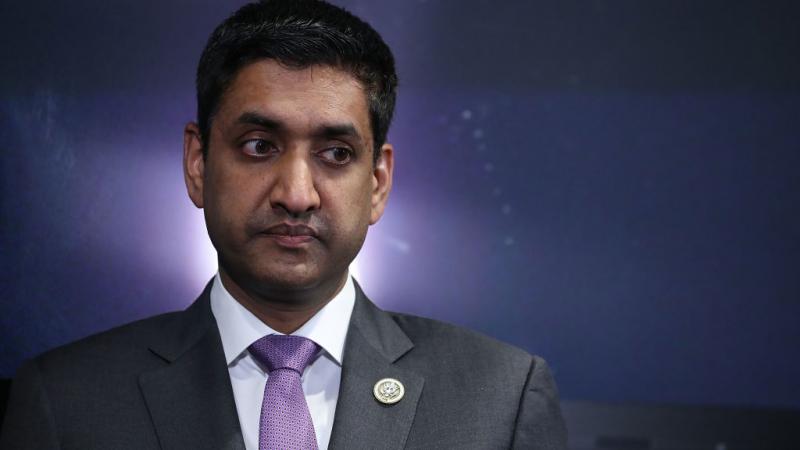New paper aims to give teachers alternative to critical race theory, U.S. history
"Critical Theories vs Human Flourishing” is a new report for Wisconsin teachers from UW-Milwaukee Professor Emeritus Mark Schug and Professor
Teachers in Wisconsin have a new resource with a much different take on American history, slavery and race, as well as the successes of capitalism.
The new paper – “Critical Theories vs Human Flourishing” from UW-Milwaukee Professor Emeritus Mark Schug and Professor Of Economics & Director Of The Free Enterprise Center Scott Niederjohn – offers an alternative narrative to the critical race theory being taught in many of Wisconsin’s schools.
“We’re seeing so much misinformation about market economies, how they operate, and a kind of wholesale acceptance of a set of theories that are, in some quarters, not challenged,” Schug told The Center Square.
The 28-page report, written in cooperation with the Wisconsin Institute for Law and Liberty, focuses a lot on CRT.
Schug said that’s not by accident. He said America has a deep history with slavery and race, but he said that doesn’t mean America is irredeemable.
“We have to talk about slavery. We have to talk about it honestly. We have to try to understand it the way the people at the time understood it,” Schug added.
The paper makes the point that many textbooks being used in American and Wisconsin schools take a negative view of America because of their focus on race, and their dislike of capitalism.
Schug said capitalism has a freeing aspect to it, and added that capitalism has helped lift millions of Americans and millions others across the globe out of poverty.
“Somebody needs to talk about these curriculum materials from a different, critical perspective. And somebody needs to talk about human flourishing,” Schug explained. "Markets are not your enemy. Markets are your friend.”
Schug said many teachers in Wisconsin, and in schools across the country, simply aren’t exposed to positive ideas about the free market or critical views of American history.
And, he said, that means many students aren’t exposed to them either.
“They simply don’t know their history. And somebody has to spend some time explaining this to them, because they are just being led down the road,” Schug explained. “We hope that this paper will be used as a way to provide a counter argument to some of the arguments that they’ve been hearing. But then also as a way to present a very positive view of what’s possible in this world.”














